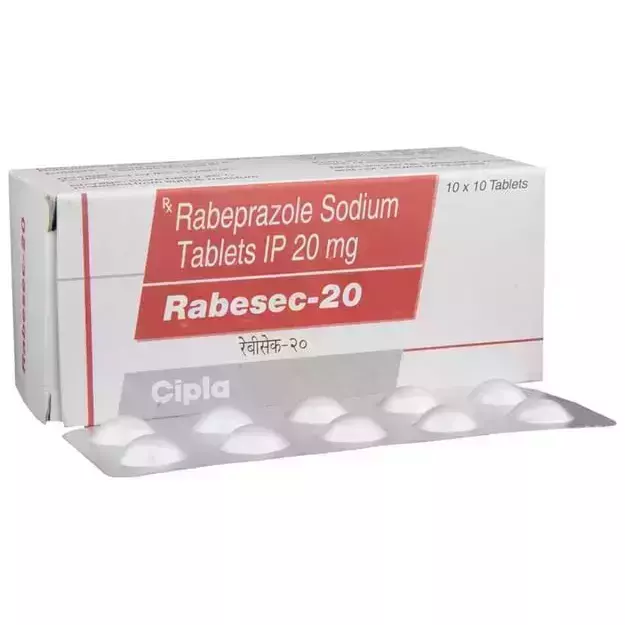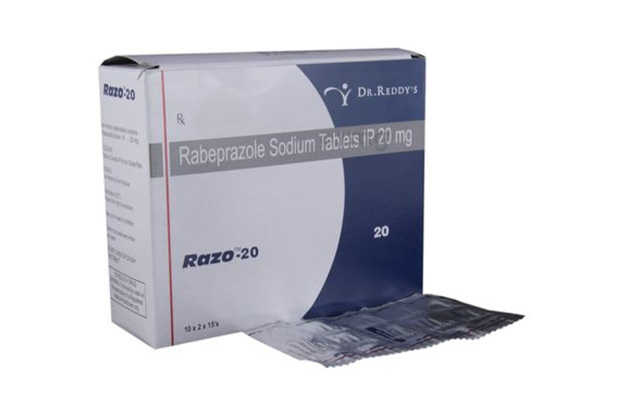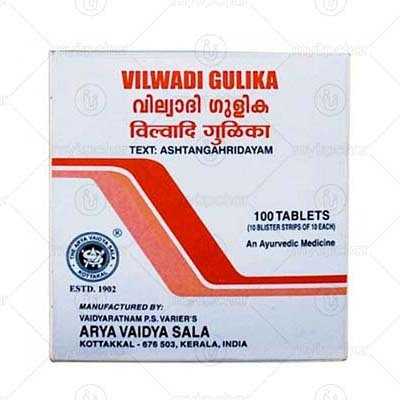Rabicip Injection is a commercial drug that is prescribed in the form of Injection. It is primarily used for the treatment of Acidity. Rabicip Injection also has some secondary and off-label uses. These are listed below.
Medical history of the patient along with age and gender determines the dosage of Rabicip Injection. Individual symptoms and route of administration also determines the right dosage. Detailed information has been provided in the dosage section.
The side effects typically associated with Rabicip Injection include Diarrhoea. While these are the most often observed Rabicip Injection side effects, there are can be others also. These have been listed below. Such side effects of Rabicip Injection normally do not last long and go away once the treatment is completed. If, however, they worsen or do not go away, please speak with your physician.
Rabicip Injection's effect during pregnancy is Safe and Moderate while nursing. In addition, Rabicip Injection's effects on the liver, heart and kidney are discussed below in the Rabicip Injection related warnings section.
Rabicip Injection is contraindicated in people with pre-existing medical conditions like Diarrhea (Loose Motions) as it can result in adverse effects. The section on Rabicip Injection contraindications lists all such conditions.
Drug interactions for Rabicip Injection have been reported in the medical literature. Refer to the list below for further details.
In addition to these precautions, you may also note that Rabicip Injection is not safe while driving, and is is not addictive in nature.
X
























